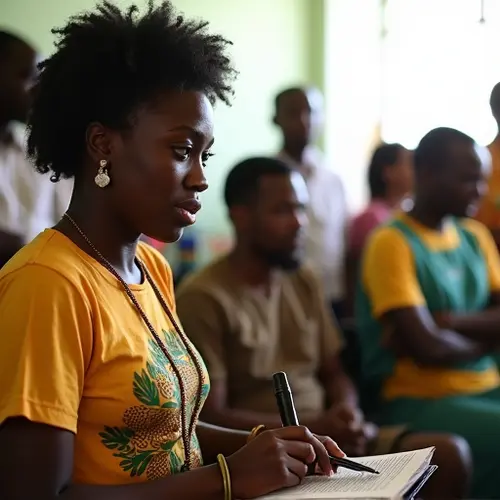
African Union’s Pivotal Role in the Global South Movement
Introduction
The African Union (AU) has emerged as a key player in the Global South movement, advocating for economic and diplomatic collaboration among developing nations. With its 55 member states, the AU is driving initiatives to foster unity, sustainable development, and equitable global representation.
Historical Context
Established in 2002 as a successor to the Organisation of African Unity (OAU), the AU was founded to accelerate political and socio-economic integration across Africa. Its vision, "An Integrated, Prosperous and Peaceful Africa," aligns with the aspirations of the Global South for self-determination and collective prosperity.
Economic Initiatives
The AU has championed the African Continental Free Trade Area (AfCFTA), the world’s largest free trade zone, to boost intra-African trade and reduce dependency on external markets. This initiative is a cornerstone of the Global South’s push for economic autonomy.
Diplomatic Leadership
African leaders, under the AU’s umbrella, are increasingly vocal in international forums like the G20, where the AU gained membership in 2023. Their advocacy for climate justice, debt relief, and fair trade resonates with the broader Global South agenda.
Challenges and Opportunities
While the AU faces challenges like political instability and funding gaps, its role in shaping a cohesive Global South bloc is undeniable. The 2025 theme, "Year of Reparations," underscores its commitment to addressing historical injustices.
Conclusion
The AU’s leadership in the Global South movement reflects Africa’s growing influence on the world stage. By fostering unity and innovation, the AU is paving the way for a more equitable global order.

 Nederlands
Nederlands
 English
English
 Deutsch
Deutsch
 Français
Français
 Español
Español
 Português
Português